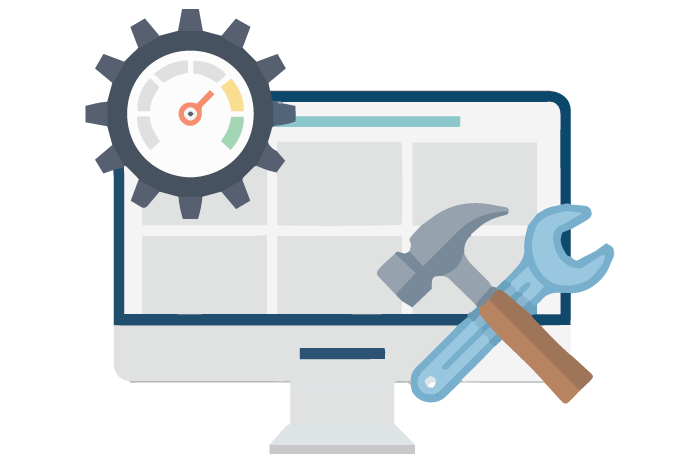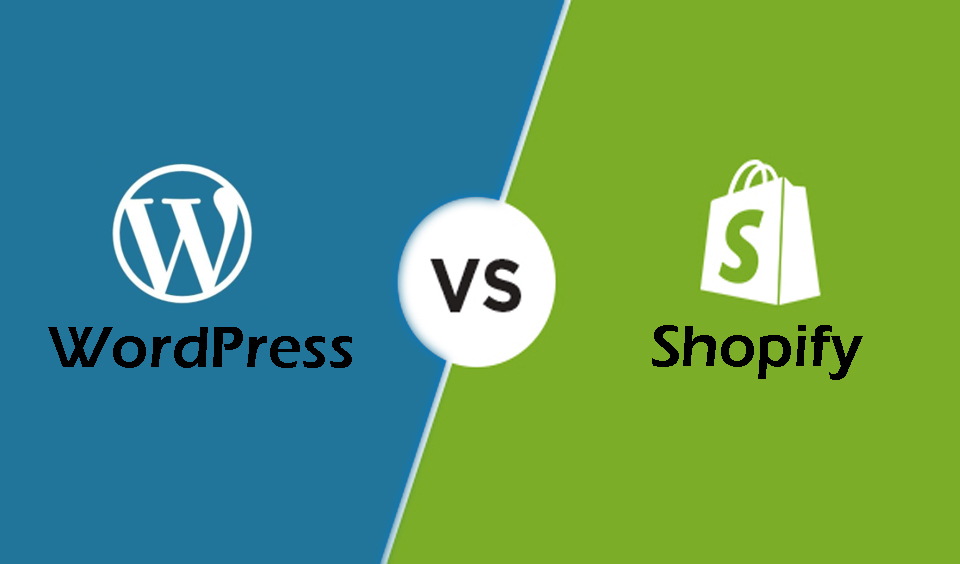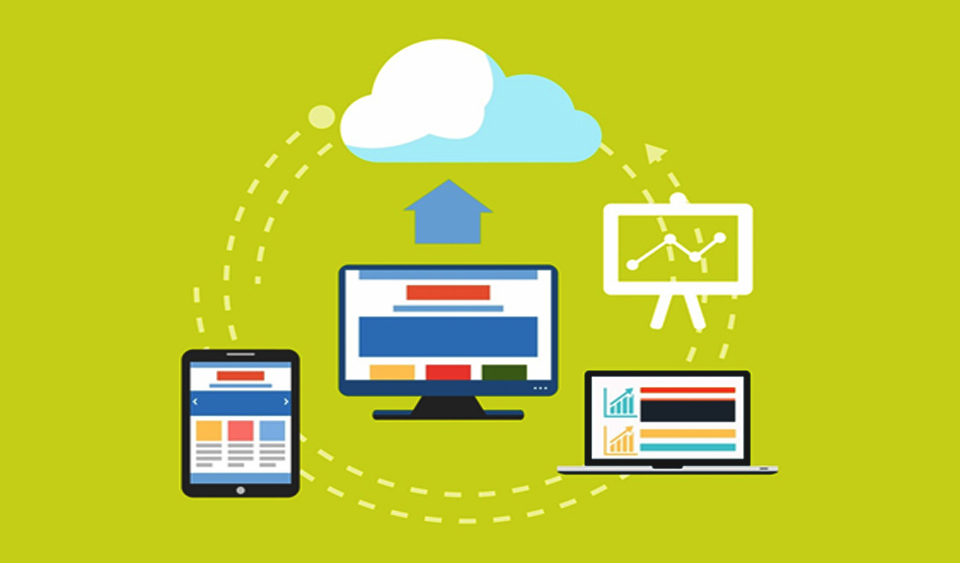In today’s digital world trying to build up a brand without a website is quite hard,as more and more they are becoming an integral part of any business and brand. Also let’s keep in mind that the hard search engine optimization (SEO) we were working on for so long can easily be harmed when we experience downtime as most search engines (like Google) would penalize your search rankings when your site is slow and/or non responding.
As you can see having your site up and running is not only very important in the short term, but keeping it that way helps you avoid ranking penalties as well as user satisfaction, as well as miss certain opportunities. There are multiple scenarios in which downtime can be a huge loss to the business. If you are a seller and have your site down for an X amount of time - this will affect your revenue, if you are a freelancer and this is your portfolio, you could lose certain opportunities, etc.
But what makes a website go down, really? There are so many reasons for a website to go down, however we would look into the most common reasons a site would experience downtime, as well as how to detect it.
Reasons for a site to go down:
- DDOS attacks
- Bad hosting
- DNS issues
- Malicious code
- Software failure
- Bad maintenance
- And many more..
DDOS attacks
Distributed denial of service, or DDOS for short is an automated attack created with the intention of disrupting the normal traffic to a server. This is usually by “jamming” the traffic to a certain server and in this way disrupting/denying the access to normal users. While there are multiple types of DDOS attacks, the most common that can be experienced in the application layer (as per the OSI model) are usually connected to making HTTP requests. In simple words this is similar to you refreshing your browser to request your index file, however instead of you imagine millions of bots doing this automatically until a certain resource limit is met and the server goes down and all the sites on that server go down with it. Of course there are ways to prevent this downtime, however it really depends on the hosting environment you are using at the moment.
Bad hosting
And here the bad hosting comes along. There are multiple companies running outdated server software, using old machines, or at this date and age even non virtualized servers are still used.This can cause multiple of issues, depending on how “bad” your host is actually. You can experience anything from actual electricity outage, causing your downtime, to machine failure, to bad software security causing the whole server to be hacked to millions of other options for “the worst case scenario” of the hosting spectrum.
Or maybe you are actually running on a host with 99.9% uptime guaranteed. That must be a lot, right? Except that 99.9% uptime for an year is about 364 days, which means that there is around a whole day of downtime. Or maybe your server is just too crowded and this cases huge load times which causes time-outs and more or less downtime for the normal user attempting to visit your website. The possibilities-endless when it comes to hosting types, environment and issues that can come from there.
DNS issues
DNS is tricky. A typo in a nameserver can cause downtime, DNS propagation when changing hosts is also not very fun when it takes full on 24 hours for a complete propagation. And of course if you are using bad quality nameservers you may experience all sorts of issues. The same goes for incorrectly set records that can bring your site down. So if DNS is at fault - this needs to be investigated and fixed as soon as possible.
Malicious code
Hacks. No matter what cms you are using you are never fully safe from malware. Malicious code can come in all forms and affect your website, being an automated attack or a personal one, it is something that can cause not only a lot of inconveniences and problems, but also downtime of the affected website.
The automated attacks are most common, because of all the existing bots targeting all sites having the same security vulnerability, especially true when using any sort of an open source CMS like WordPress, Drupal, Magento, Joomla, etc, where the source code is open for everyone to see and exploit if they have the opportunity.
Software failure
When talking about software failure - this can be seen as failure within the used framework or system. This can be a component failure (for instance a plugin/extension/module) or a framework one (core element being corrupted for instance). This is usually fixed with updates or patches depending on the type of website you are running.
Bad maintenance
Human error, or a bad maintenance of the site and all of its components , or the lack of any maintenance at all could cause different problems from software failures to malicious code or the complete deletion of something that shouldn’t have been deleted. All of which can successfully cause downtime for your website.
Let’s talk about monitoring!
“Website monitoring is the process of testing and logging the status and uptime performance of one or more websites. This monitoring tool ensures that websites are accessible for all users and is used by businesses and organizations to ensure that website uptime, functionality and performance are always up to standard.”
Why is it useful? It helps you analyze the current state of your hosting environment, also makes you aware of your actual uptime. Helps you to detect hackers fast, detect any host issues and all sorts of problems right away which will help you act when the issue occurs and take action to minimize the downtime and avoid any search engine penalties for it.
How does it work?
It makes automatic checks of your website testing the performance and availability of it, by testing various of ports, pings, speed and more after which logs the information of the check until the next one, this is until it detects an issue.
In conclusion
The website availability and performance is critical for any business no matter big or small. Issues can happen at any time, all sorts of errors could occur and having a monitoring to detect them is a good way to stay informed and ready to take action when needed.




